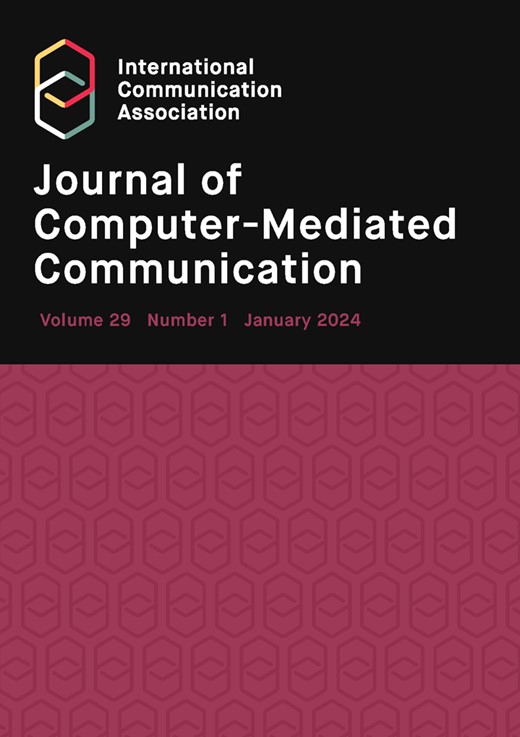Managing collapsed boundaries in global work
IF 5.7
1区 文学
Q1 COMMUNICATION
引用次数: 0
Abstract
Global workers have long contended with the challenges of working across geographical, temporal, and cultural boundaries enabled by communication technologies. However, the global work research has rarely intersected with the literature on work–home boundary management—which has been brought to the forefront due to the forced move to remote work during the Covid-19 pandemic. Drawing on a qualitative field study of 55 in-depth interviews with global workers from a large organization headquartered in the Nordics, we found that global workers drew on sociomaterial affordances to manage both global work and work–home boundaries through strategies of boundary support and boundary collapse. Although the shift to remote work created challenges due to boundary collapse, it presented new spatiotemporal affordances that led to unexpected benefits for both global work and work–life boundary management. The findings have implications for global work, remote work, and the future of work more broadly.管理全球工作中崩溃的边界
长期以来,全球工作者一直在与通信技术带来的跨越地理、时间和文化界限的挑战作斗争。然而,全球工作研究很少与关于工作与家庭边界管理的文献交叉,由于在Covid-19大流行期间被迫转向远程工作,这一问题已被置于最前沿。通过对总部位于北欧的一家大型组织的55名全球员工进行深入访谈的定性实地研究,我们发现,全球员工利用社会物质能力,通过边界支持和边界崩溃策略来管理全球工作和工作-家庭边界。尽管由于边界崩溃,向远程工作的转变带来了挑战,但它提供了新的时空能力,为全球工作和工作-生活边界管理带来了意想不到的好处。这些发现对全球工作、远程工作和更广泛的未来工作都有影响。
本文章由计算机程序翻译,如有差异,请以英文原文为准。
求助全文
约1分钟内获得全文
求助全文
来源期刊
CiteScore
9.60
自引率
2.80%
发文量
26
期刊介绍:
The Journal of Computer-Mediated Communication (JCMC) has been a longstanding contributor to the field of computer-mediated communication research. Since its inception in 1995, it has been a pioneer in web-based, peer-reviewed scholarly publications. JCMC encourages interdisciplinary research, welcoming contributions from various disciplines, such as communication, business, education, political science, sociology, psychology, media studies, and information science. The journal's commitment to open access and high-quality standards has solidified its status as a reputable source for scholars exploring the dynamics of communication in the digital age.

 求助内容:
求助内容: 应助结果提醒方式:
应助结果提醒方式:


